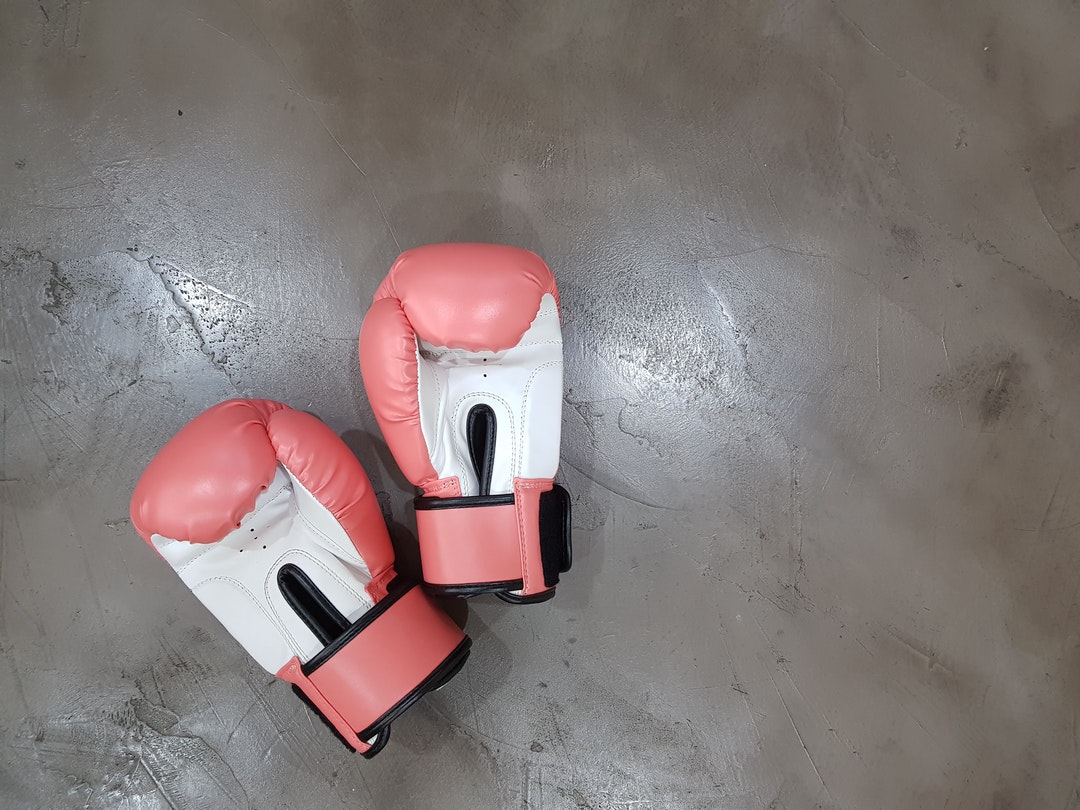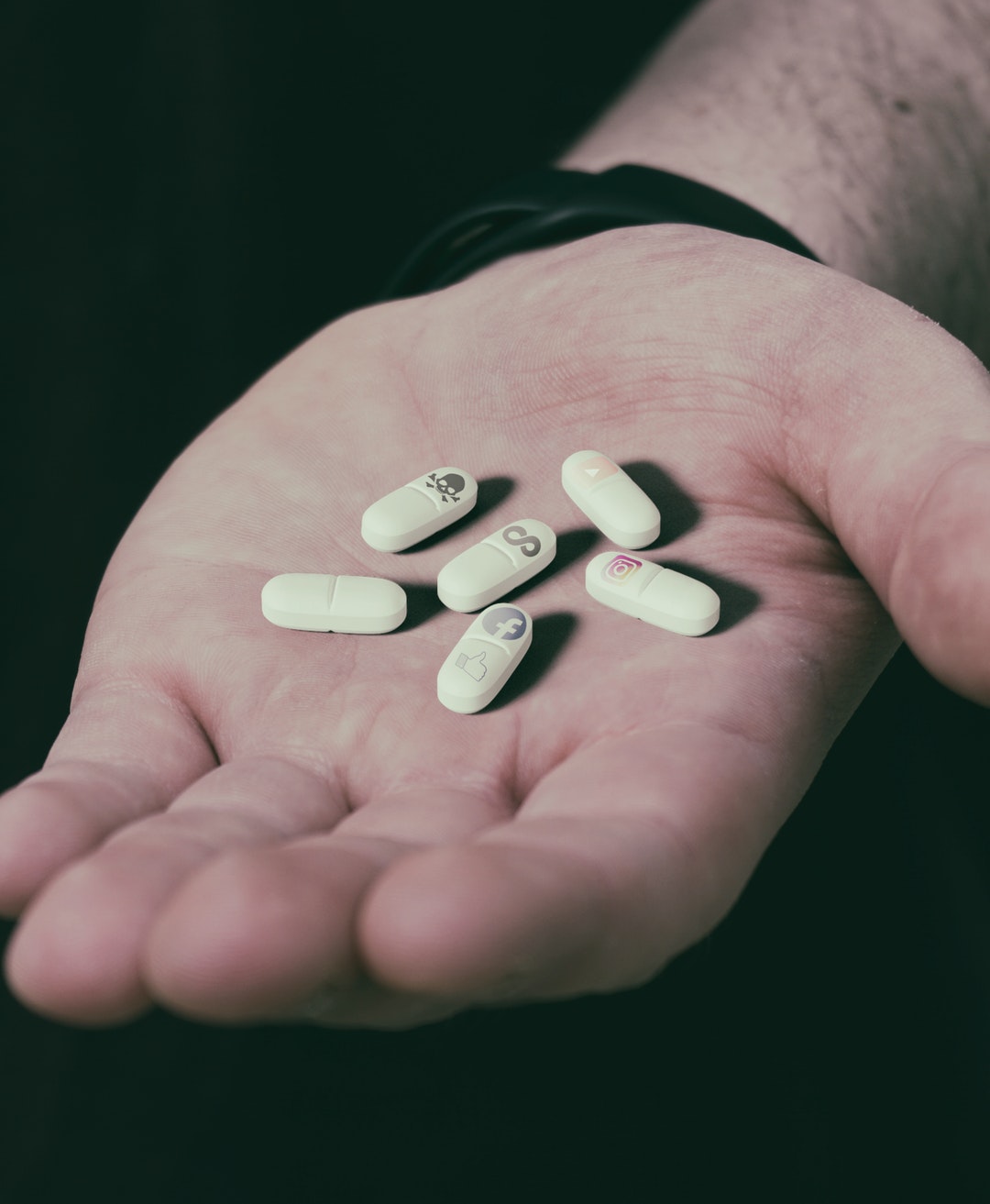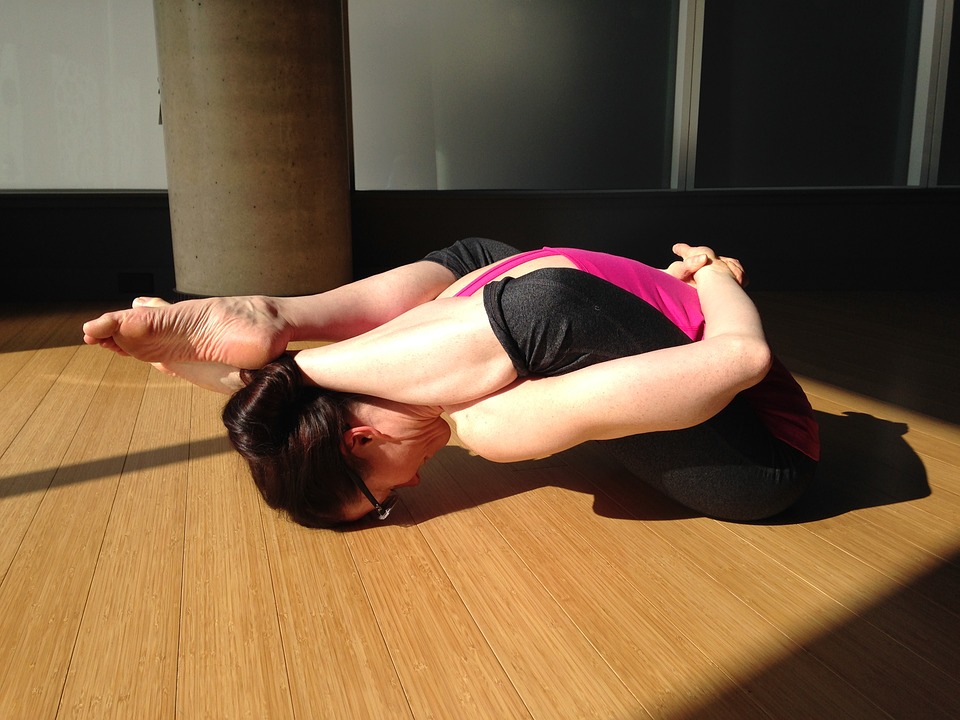Want a mean right hook as well as a mean sense of general well-being? Boxing workouts may be the answer.
Though it sounds counterintuitive, punching things can make you a happier and calmer person. Want to learn more about how that oxymoronic situation works?
Learn more below.
Mind-Body Benefits of Boxing Workouts:
You already knew that boxing will get you shredded. But did you know it could make you a better dancer? A harder worker?
Here are some examples of what boxing workouts can do for your mind and mood.
1. It Makes You Feel Strong:
If you’re a man, you can skip this one (unless you just want some perspective).
Women aren’t taught to fight, in general. A lot of us are taught to shy away from confrontation or how to de-escalate it. That means we don’t know how to stand up for yourself in most cases.
While we don’t encourage trying out your hook every time you get in a confrontation, a boxing practice can make standing up for yourself easier.
Boxing is a good aggression release, too, which is something women aren’t taught how to do either. Basically, it’ll make you feel like wonder woman after she realizes her power.
2. It Boosts Endorphins and Helps Release Emotions:
If you’ve ever boxed before, you have imagined that the bag was a person (or at least one problem) once or twice. Working through your issues by hitting the heavy punch bag (not the person) is a great way to reduce negative feelings.
The fewer negative emotions you have, the more room there is for positive ones.
And boxing (exercise) creates positive feelings through the release of endorphins. Endorphins are brain chemicals that make you feel happy – it’s scientifically proven.
And if you’re feeling murderous, go hit a punching bag. As Elle Woods says, “Exercise gives you endorphins and endorphins make you happy. Happy people don’t kill their husbands, they just don’t!”
3. It Gives You a Learners High:
You know the feeling when you finally master something you’ve been working on for a long time? It could be anything: a song on the piano, a specific choreographic combo, or crushing your boxing workout.
That sense of accomplishment literally gets you high. It increases the reward mechanism in your brain, dopamine. Every time you master or start to master a new move at Society Boxing & Fitness, you’ll get a boost.
4. It Makes You More Coordinated:
Have you ever heard that some professional sports players take dance lessons to help with their on-field performance? Boxing is like that too, but without the tutus.
Since boxing is a full body workout and involves being hyper-aware of where your body is in comparison to your opponent, it’s a lot like dancing.
Get Your Gloves and Go!
If you’ve never tried boxing, trying to find a cardio kickboxing class in your area. You’ll learn the basics there and once you’re comfortable, check out a boxing gym.
Then you can start hitting stuff and really doing boxing workouts that will make yourself proud.
Want to learn how to approach conflict (without punching someone)? Click here.
Read Also:






















